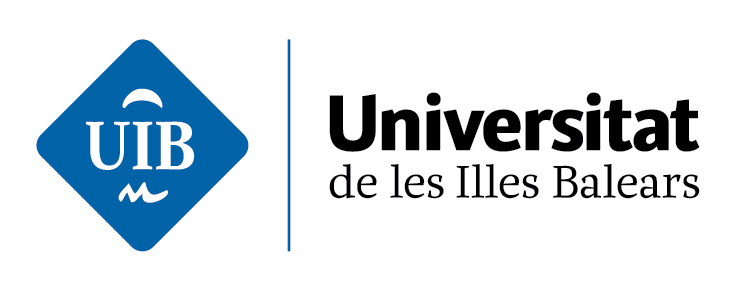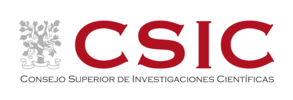Frequently asked questions
- Who can enroll in the master?
To enroll in this master it is sufficient to hold a degree from any European University (more precisely, from an university that belongs to the European Higher Education Area, EHEA, all of Europe, basically). Degrees from outside the EHEA (including non-European universities) will be examined before acceptance to the master. There are no other formal requirements, but applicants should consider whether their previous studies will allow them to follow with profit the courses (some basic knowledge of statistical mechanics, quantum physics, computation, etc. is required).
- Which is the teaching/working language?
It is English. All academic documents are routinely issued in English and all lectures are also conducted in that same language. You will also be required to give presentations and write your master thesis in English so a proper command of the language is expected from all prospective students.
- What is the ECTS?
ECTS stands for European Credit Transfer System and is the standard adopted by all the universities of the European Higher Education Area (EHEA) to guarantee the homogeneity and the quality of the studies on offer. 1 ECTS is approximately equivalent to 25-30 hours of student work, including class time (between 6 and 9 hours per ECTS, at Master level) as well as all the academic activities carried out during the course (hours of study, completion of assignments and practical work).
- What is the duration of an official master's degree course?
The official duration of the Master in Physics of Complex Systems is 60 ECTS (one academic year). During one academic year of full time study (two fourth month periods between September and July), the total number of ECTS credits available for a student is 60.
- What are the academic regulations of the official master's degree program?
The academic regulations of the official master’s degree program of the UIB are approved by the university management before the start of each academic year.






